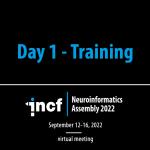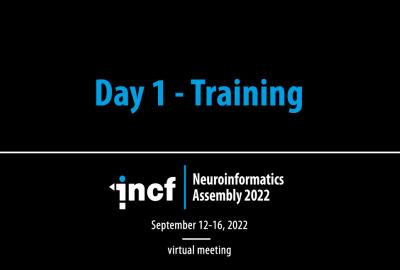There is a growing recognition and adoption of open and FAIR science practices in neuroscience research. This is predominately regarded as scientific progress and has enabled significant opportunities for large, collaborative, team science. The efforts and practical work that go into creating an open and FAIR landscape extend far beyond just the science. There is an exceptional amount of 'behind the scenes' processes, policies, and people that are necessary to ensure open and FAIR science prevails. This session aims to explore the implications, challenges, and solutions involved in making open and FAIR science effective at various levels of scientific organization.
Session 4: "Is This FAIR?": Transparency in EDI, Career Development, & Management
This brief video provides an introduction to the session "Is This FAIR?": Transparency in EDI, Career Development, & Management.
In this lesson, you will learn about how team science unfolds in practice, as well as what are the standards and best practices used by teams, and how well these best practices function and support scientific output.
In this lesson, you will learn about approaches to make the field of neuroscience more open and fair, particularly regarding the integration of equality, diversity, and inclusion (EDI) as guiding principles for team collaboration.
This lesson discusses the topic of credit and contribution in open and FAIR neuroscience, looking through the respective lenses of systems, teams, and people.
In this talk, you will hear about the challenges and costs of being FAIR in the many scientific fields, as well as opportunities to transform the ecology of the academic crediting system.
This lesson consists of a brief discussion around this sessions previous talks.








